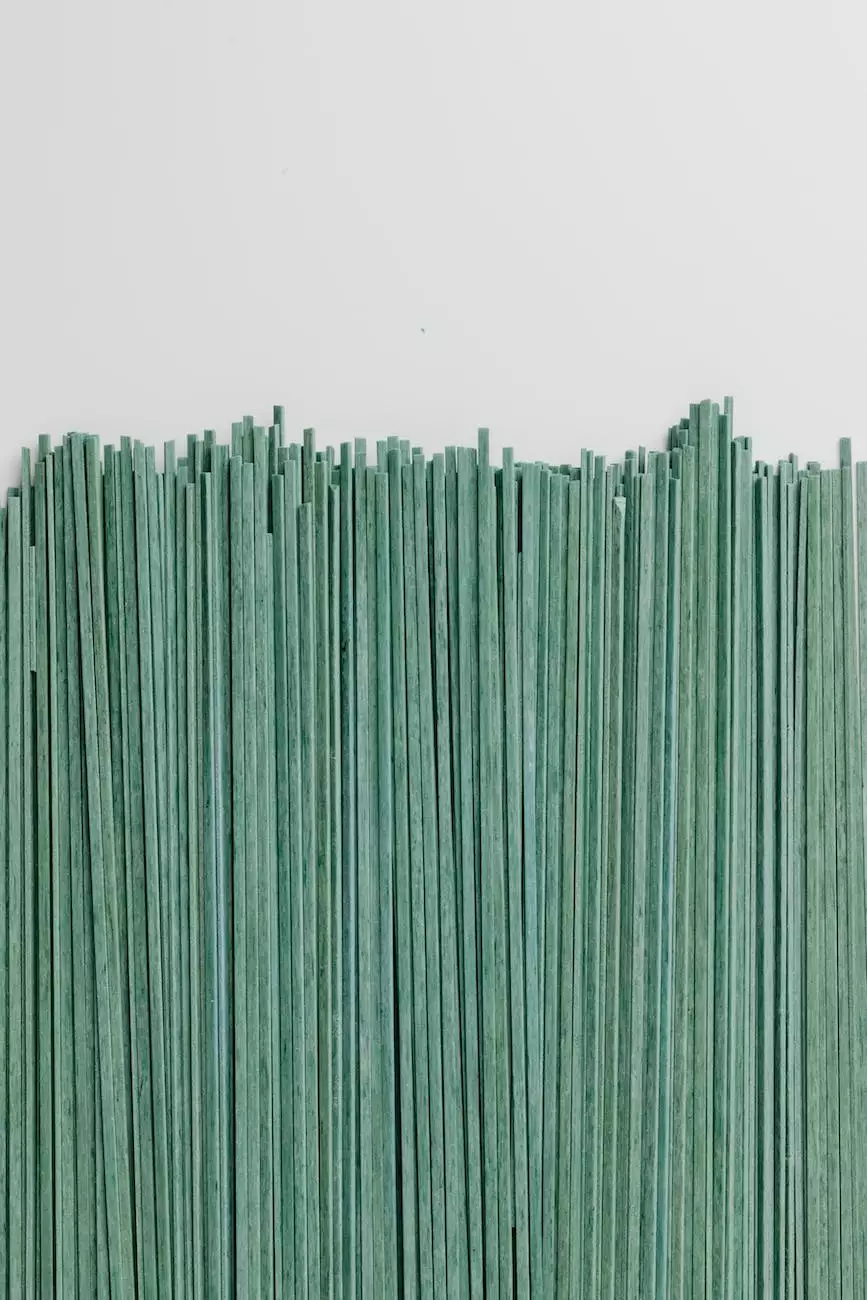Lights, Camera, Action! A Primer on French Cinema
Blog
The Artistry and Cultural Significance of French Cinema
French cinema has played a pivotal role in shaping the global film industry, renowned for its artistic vision, groundbreaking techniques, and storytelling prowess. From the early days of silent films to the present-day arthouse gems, French cinema continues to captivate audiences worldwide with its diverse narratives and innovative approaches.
Exploring the Golden Age
One of the most esteemed periods in French cinema history is often referred to as the Golden Age, spanning from the 1930s to the 1960s. During this time, pioneering directors such as Jean Renoir, François Truffaut, and Jean-Luc Godard emerged, leaving an indelible mark on the cinematic landscape.
The Auteur Theory
A notable aspect of French cinema is its focus on the director as the "auteur," or author, of the film. This concept, popularized by André Bazin and François Truffaut, emphasizes the director's creative vision and authorship over the collaborative nature of filmmaking. French cinema's auteur-driven approach has contributed to its distinct style and artistic integrity.
French New Wave: Revolutionizing Cinema
The French New Wave movement of the late 1950s and early 1960s brought about a seismic shift in the world of filmmaking. Directors like Truffaut, Godard, and Claude Chabrol rebelled against conventional storytelling techniques, favoring innovative narrative structures, naturalistic performances, and a spirit of experimentation. The movement revitalized French cinema and inspired generations of filmmakers worldwide.
Truffaut's "The 400 Blows"
Truffaut's debut feature, "The 400 Blows" (1959), is a seminal work of the French New Wave. This coming-of-age film told with a raw emotional honesty garnered critical acclaim and marked Truffaut as a prominent figure in the movement. It explores themes of adolescence, rebellion, and personal freedom, resonating with audiences both then and now.
Masters of French Cinema
French cinema boasts a diverse array of masterful directors, each contributing their unique perspectives and storytelling techniques. From the poetic realism of Jean Renoir to the psychological depth of Robert Bresson, these visionary filmmakers have left an indelible legacy.
Path-Breaking Films: Louis Malle's "Au Revoir les Enfants"
Louis Malle's "Au Revoir les Enfants" (1987) is a powerful drama set during World War II. This poignant film explores themes of friendship, betrayal, and the devastating consequences of intolerance. Its evocative storytelling and nuanced performances earned critical acclaim and solidified Malle's status as a master filmmaker.
Le Cinéma de l'Art et Essai: Art House Cinema in France
France is renowned for its vibrant art house cinema scene, often referred to as Le Cinéma de l'Art et Essai. These films, characterized by their unconventional narratives, artistic experimentation, and intellectual depth, cater to discerning audiences seeking a more profound cinematic experience.
Claire Denis: A Maverick Filmmaker
Claire Denis is a prominent figure in the contemporary French cinema landscape. Known for her visually arresting films with thought-provoking themes, Denis has consistently pushed boundaries and challenged conventions. Her works, such as "Beau Travail" (1999) and "White Material" (2009), have garnered critical praise and sparked conversations around complex social issues.
Award-Winning French Films
French cinema has received international recognition, with numerous films winning prestigious awards at renowned festivals like Cannes, Venice, and the Academy Awards. These accolades serve as a testament to the exceptional quality and enduring impact of French films on the global cinematic landscape.
Palme d'Or Winners: Timeless Works of Art
The Palme d'Or, awarded annually at the Cannes Film Festival, represents the pinnacle of achievement in filmmaking. French cinema has produced several Palme d'Or-winning films, including Marcel Camus' "Black Orpheus" (1959), Laurent Cantet's "The Class" (2008), and Jacques Audiard's "Dheepan" (2015). These exceptional works showcase the breadth of storytelling and artistic excellence within French cinema.
Celebrating French Cinema Today
French cinema continues to thrive in the modern era, with a new wave of talented filmmakers pushing boundaries and exploring new frontiers. From the thought-provoking dramas to captivating comedies, French films captivate audiences worldwide with their depth, creativity, and compelling storytelling.
Olivier Assayas: A Visionary Director
Olivier Assayas is a contemporary French director known for his eclectic filmography and ability to tackle diverse genres with finesse. His works, such as "Personal Shopper" (2016) and "Summer Hours" (2008), exhibit a keen understanding of human emotions, creating thought-provoking narratives that resonate with viewers.
Immerse Yourself in French Cinema
Indulge in the world of French cinema by exploring its vibrant history, iconic directors, and influential films. Whether you are a film enthusiast or simply seeking to expand your cultural horizons, French cinema offers a wealth of captivating stories, breathtaking visuals, and artistic brilliance that will leave a lasting impression.
Discover NJCLT's French Language and Culture Resources
NJCLT is your gateway to all things related to French language and culture. Beyond the realm of cinema, we provide comprehensive resources to help you learn French, explore French literature, and dive deeper into the fascinating traditions and customs of France. Start your journey today and immerse yourself in the richness of the French language and culture.










